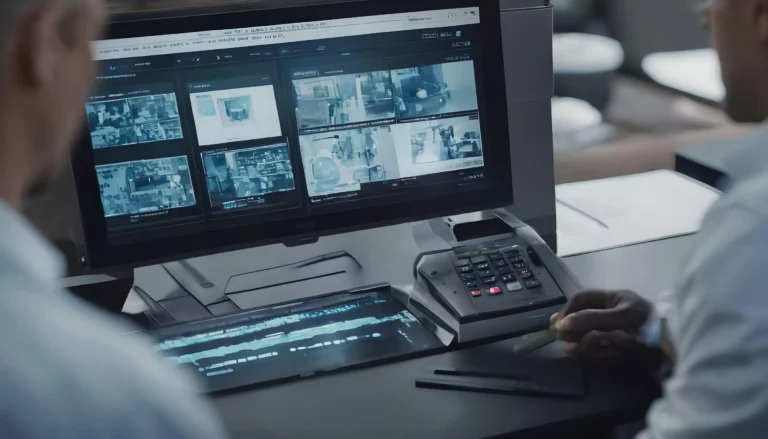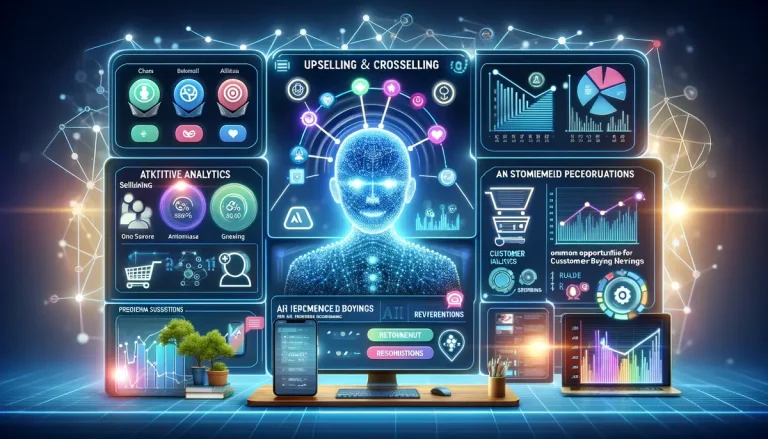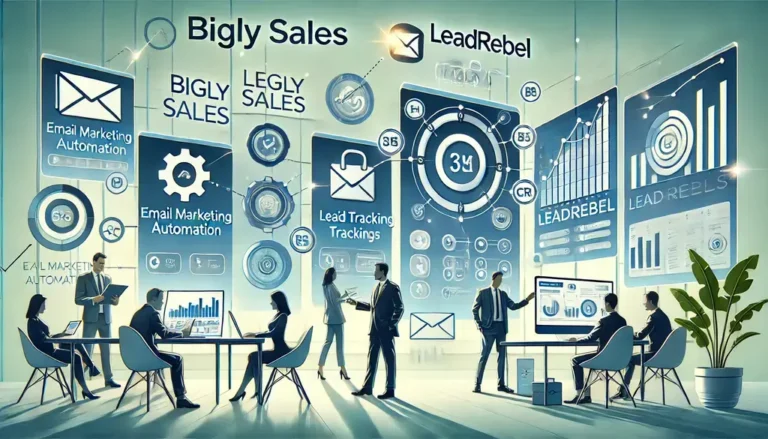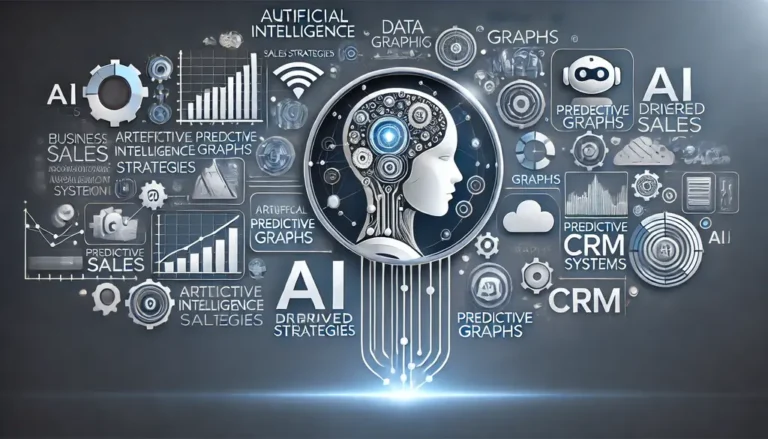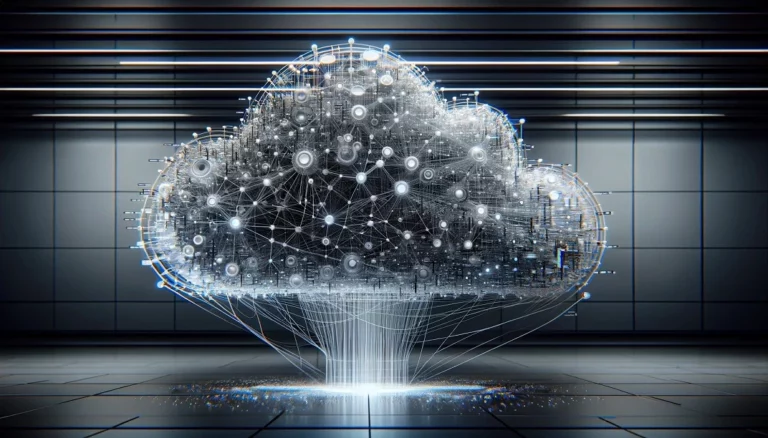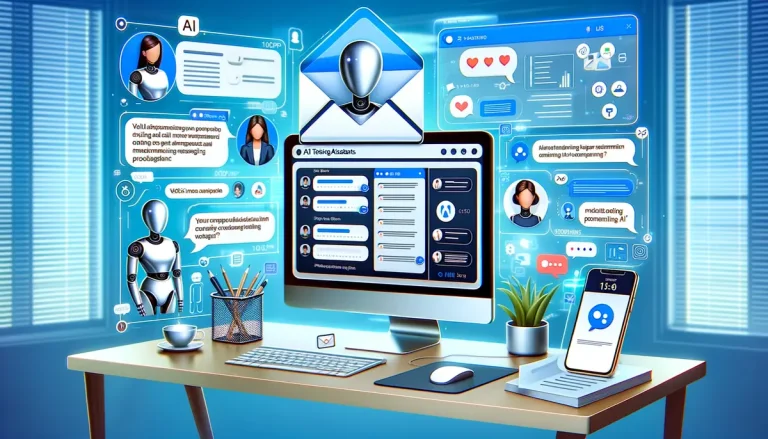The rapid integration of AI into the business ecosystem is transforming employment practices, ushering in both unprecedented opportunities and complex legal challenges. As AI technologies, particularly generative AI, become increasingly sophisticated and widespread, their influence extends across various facets of the employment cycle, from recruitment and onboarding to performance management and daily operations.
This evolution is paralleled by a significant uptick in legal frameworks, advisories, and judicial proceedings aimed at addressing the multifaceted implications of AI in the workplace.
Ai stands out as a beacon of innovation, driving profound changes across various sectors, including employment and the legal landscape. As organizations globally embrace AI to enhance efficiency, creativity, and decision-making, the implications on employment practices and legal frameworks are both significant and multifaceted.
This blog post delves into the transformative power of AI in reshaping job roles, workforce dynamics, and legal norms, offering a comprehensive overview of the challenges and opportunities that lie ahead.
Read also: The Pros And Cons Of AI For Hiring New Talent
AI’s Redefinition of Employment: A Dual-Edged Sword
The integration of AI into the workplace heralds a new era of productivity and innovation. Automation, powered by AI, is streamlining tedious and repetitive tasks, freeing human workers to focus on complex, creative, and strategic activities that machines cannot replicate.
This shift is not only enhancing efficiency but also fostering a more engaging and fulfilling work environment for employees.
However, the advent of AI is a dual-edged sword. While it brings about efficiency and innovation, it also poses challenges to traditional employment structures. The automation of routine jobs raises concerns about job displacement, with low-skilled positions being particularly vulnerable.
This phenomenon necessitates a strategic approach to workforce development and reskilling, urging businesses and governments to invest in education and training programs that equip workers with the skills needed to thrive in an AI-driven economy.
The Emergence of New Job Roles and Skills
Contrary to the dystopian narrative of widespread job loss, AI’s impact on employment is also marked by the creation of new job roles and the demand for novel skill sets. Roles such as AI specialists, data scientists, and ethics compliance managers are in high demand, reflecting the need for a workforce that can develop, manage, and ethically deploy AI technologies.
This evolution underscores the importance of adaptability and lifelong learning in the modern job market, where technological fluency is becoming as fundamental as traditional literacy.
Moreover, AI is enhancing human capabilities, leading to the emergence of ‘augmented roles’ where human workers collaborate with AI tools to achieve outcomes that were previously unattainable. This synergy between human intelligence and artificial intelligence is fostering a new paradigm of work, where the focus shifts from task execution to strategic and creative problem-solving.
Navigating the Legal Landscape: AI’s Regulatory Challenges
The pervasive influence of AI extends beyond employment practices to the very fabric of legal systems worldwide. As AI applications become more sophisticated, they raise complex legal and ethical questions that challenge existing regulatory frameworks.
Issues such as data privacy, intellectual property rights, and liability in the context of AI-driven decisions necessitate a reevaluation of legal norms and the development of new legislation that can address the unique challenges posed by AI.
Data privacy emerges as a critical concern in an AI-driven world. The vast amounts of data required to train AI systems pose significant risks to individual privacy, prompting a need for robust data protection laws that can safeguard personal information without stifacing innovation. The European Union’s General Data Protection Regulation (GDPR) is a pioneering example of such legislation, setting a global standard for data privacy in the digital age.
Intellectual property rights also undergo a transformation in the context of AI. The ability of AI systems to create original works, whether in art, literature, or music, challenges traditional notions of authorship and copyright. Legal systems worldwide are grappling with the question of whether AI-generated creations can be protected under copyright law and, if so, who holds the rights to these works – the developer of the AI, the user, or the AI itself?
Liability in AI-driven decisions is another contentious issue. As AI systems are increasingly deployed in critical sectors such as healthcare, transportation, and finance, the question of who is responsible when an AI system makes a faulty decision becomes paramount. This issue necessitates clear legal frameworks that can assign liability in a fair and predictable manner, ensuring that victims of AI errors have recourse to justice.
Ethical Considerations and the Role of Governance
The ethical implications of AI are vast and varied, touching on issues of bias, transparency, and the broader societal impact of automation. AI systems, despite their intelligence, can perpetuate and even amplify existing biases if they are trained on skewed or prejudiced data.
Ensuring AI fairness and transparency becomes crucial, requiring mechanisms for auditing and explaining AI decisions, especially in high-stakes areas such as criminal justice and employment.
Governance structures play a pivotal role in addressing these ethical challenges, ensuring that AI technologies are developed and deployed in a manner that aligns with societal values and norms. This involves a collaborative effort among governments, industry, academia, and civil society to establish ethical guidelines, regulatory standards, and best practices for AI use.
Conclusion: Embracing the AI Revolution with Prudence and Vision
The impact of AI on employment practices and the legal landscape is profound and multifaceted, presenting both opportunities and challenges. As we stand on the brink of this technological revolution, it is imperative for stakeholders across all sectors to engage in a constructive dialogue about the future of work and the legal norms that will govern AI.
By proactively addressing the challenges and harnessing the opportunities presented by AI, we can navigate the transition to an AI-driven world with prudence and vision, ensuring that the benefits of AI are equitably distributed and its risks are mitigated.
In this endeavor, adaptability, ethical consideration, and collaborative governance will be our guiding principles, enabling us to shape a future where technology serves humanity, enhancing our capabilities and enriching our lives.


